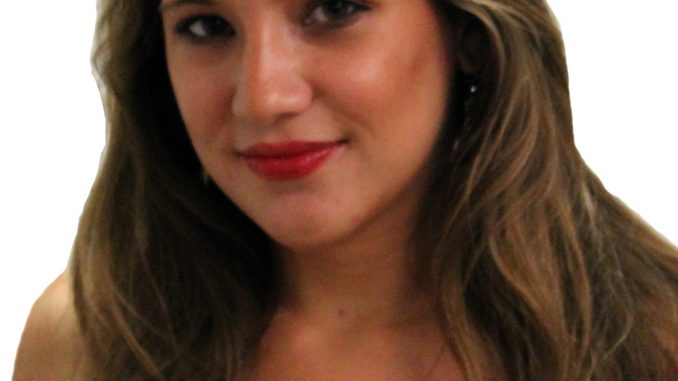
 This election cycle, it seems like each candidate is running much more of a corporate marketing campaign than a presidential race — quite unappealing if you ask me. And even duller of a prospect, is that may be where we’re headed.
This election cycle, it seems like each candidate is running much more of a corporate marketing campaign than a presidential race — quite unappealing if you ask me. And even duller of a prospect, is that may be where we’re headed.
When the presidential election rolled around in 2008, a lot had changed since 2004. With Facebook as the most popular social networking site on the Internet, Obama’s campaign realized that, in the modern world, being successful in politics is more about brand management than anything else. The campaign created a strong brand based around change.
“He had strong favorability ratings and an aura of positivity around him,” said Doug Usher, managing partner of Purple Insights, a research group, in an article by Adweek, “He was a Brand.”
The whole political candidate package conveys a single brand concept, turning the entire political process into one big sales presentation. Each campaign has a platform, a message and an agenda. To get elected, politicians need you to buy into their product.
In order to do this, they often lie.
Yes, candidates legally have a right to lie to voters just about as much as they want, according to the free speech clause in the First Amendment. That means it is up to the consumer to figure out who is lying and who’s not.
And after watching Obama and Romney duke it out in Colorado and New York, it appears to me as if the only thing up for debate is the truth.
But should the burden really fall on us to figure it out?
Granted, fact-checking websites have increased the ease and ability we have to look up information about what each candidate is saying, but the increase in these websites and the need for these websites is what has me concerned. I think it’s ludicrous that lying is an absolute justifiable strategy.
I know, I know: Lying has routinely been part of the political election process.
“You can say anything you want during a debate and 80 million people hear it,” said then Vice President George H.W. Bush’s press secretary Peter Teeley in 1984, adding a “so what?” to the fact that reporters might document a candidate’s debate lies. “Maybe 200 people read it or 2,000 or 20,000.”
Does this mean our debate system is flawed? I don’t know. But there is no denying that the candidates are lying more frequently and more brazenly than ever before and, as Teeley pointed out, significantly more people will hear those lies than will learn the truth. Somethingneeds to be done.
Which is probably what CNN anchor Candy Crowley thought when she stepped in during an exchange about the fatal attack on the Benghazi consulate during the Hofstra town hall debate. While she has received both criticism and praise for confirming what was on the transcript in the moment, her actions show the limits of fact-checking for debate moderators.
A contested claim about a direct quote for which there is a record is easy to check, but more complicated issues could pose a problem. And if the fact-checker is wrong on that specific fact in the moment, it could be an even bigger disaster for all parties involved.
One journalist, James Poniewozik, proposed “popup fact-checking” as a possible solution, in an Oct. 17 article for TIME Magazine. Poniewozik wrote that, “As long as networks [are] devoting resources to fact-checking candidates, it would be more useful to viewers to have fact-checks appear in the lower third of the screen during the debates themselves.”
I agree that this could be a worthwhile solution, but definitely tricky. Fact-checking can take minutes, hours and even days. Who would be charged with such a burden? Who is paying them? And how can we guarantee they are non-partisan?
In an age in which there is already a lack of transparency due to the misleading advertisements and commercials, the only thing that seems more troublesome to me is the candidates trying to manipulate us the very same way.
Bri Bosak can be reached at bribosak@temple.edu or on Twitter @BriBosak.



Be the first to comment